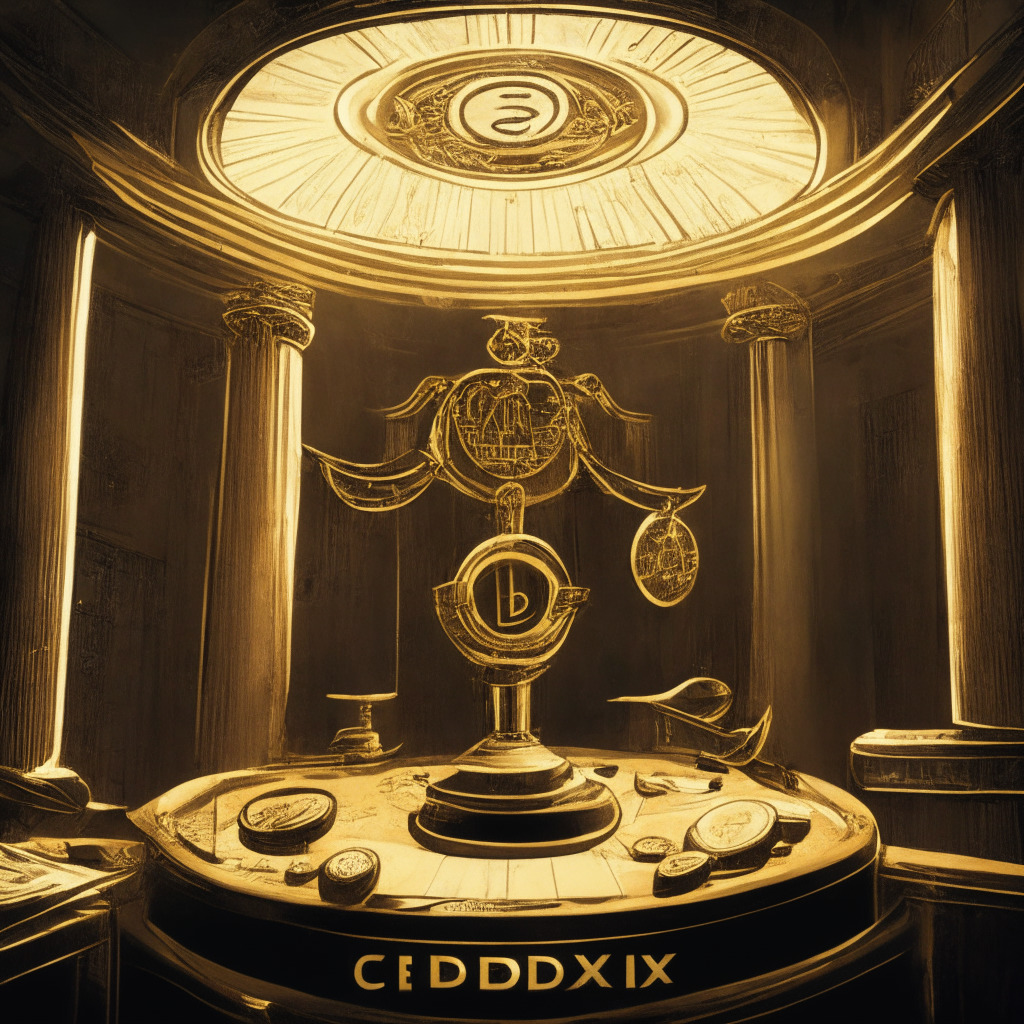A recent development has seen a group of legal experts aligning with Coinbase in its legal tussle against the U.S. Securities and Exchange Commission (SEC). These experts, specialising in securities law and related fields, submitted an amicus brief in favour of the crypto exchange. An amicus brief, although originating from non-litigants, submits additional arguments in favour of one side while highlighting the wider implications for future similar cases.
The six-expert team, including eminent scholars like Stephen M. Bainbridge of UCLA and Tamar Frankel of Boston University, used their deep understanding of securities laws to address the intricate historical underpinnings of these legal frameworks. Their intervention comes in the wake of another amicus brief filed by Senator Cynthia Lummis in favour of Coinbase.
Their collective effort stresses on the importance of the Court adhering to the established definition of ‘investment contract’. The legal scholars juxtaposed this with the federal precedents encapsulated by the Howey test, which interprets ‘investment contracts’ as necessity anticipation of business income, profits, or assets. On one hand, they argued that investors must be promised an ongoing contractual interest in the income, profits, or assets of the enterprise due to their investment. On the other hand, the scholars were clear that their involvement in the amicus brief was unrelated to their academic institutions.
For many in the crypto space, this development could be seen as another instance of the regulatory uncertainty facing this nascent industry. While supporters of blockchain technology and cryptocurrencies laud its borderless nature and decentralised function, detractors point out the lack of clear regulatory guidelines. The ongoing lawsuit against Coinbase by the SEC raises questions about the efficacy of existing securities laws in regulating cryptocurrencies.
Moreover, there is a concern that stringent regulations can potentially stifle innovation. It remains to be seen how the court will interpret the materials brought forth by the lawyers in the amicus brief, and whether this could set a precedent for future cases marking the roiling infusion of blockchain technology into the world, guided by clear and justice-serving regulations. It’s a tightrope walk of ensuring that blockchain technology can flourish at the same time, ensuring that the fruits of that flourish will not be turned into weapons of mass wrongdoing. As these discussions take place, the crypto community is reminded of the adage that with great power comes great responsibility.
Source: Cointelegraph




